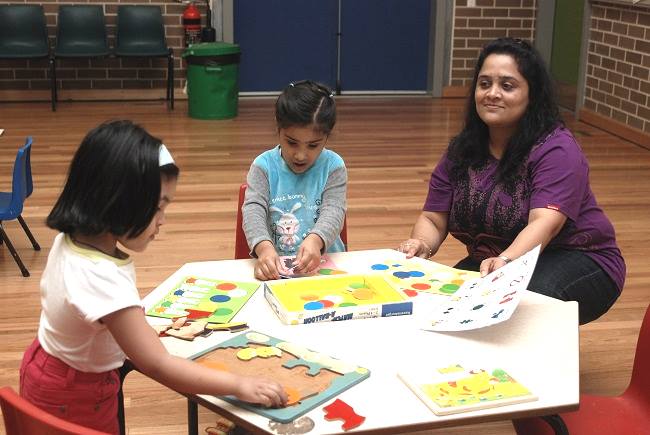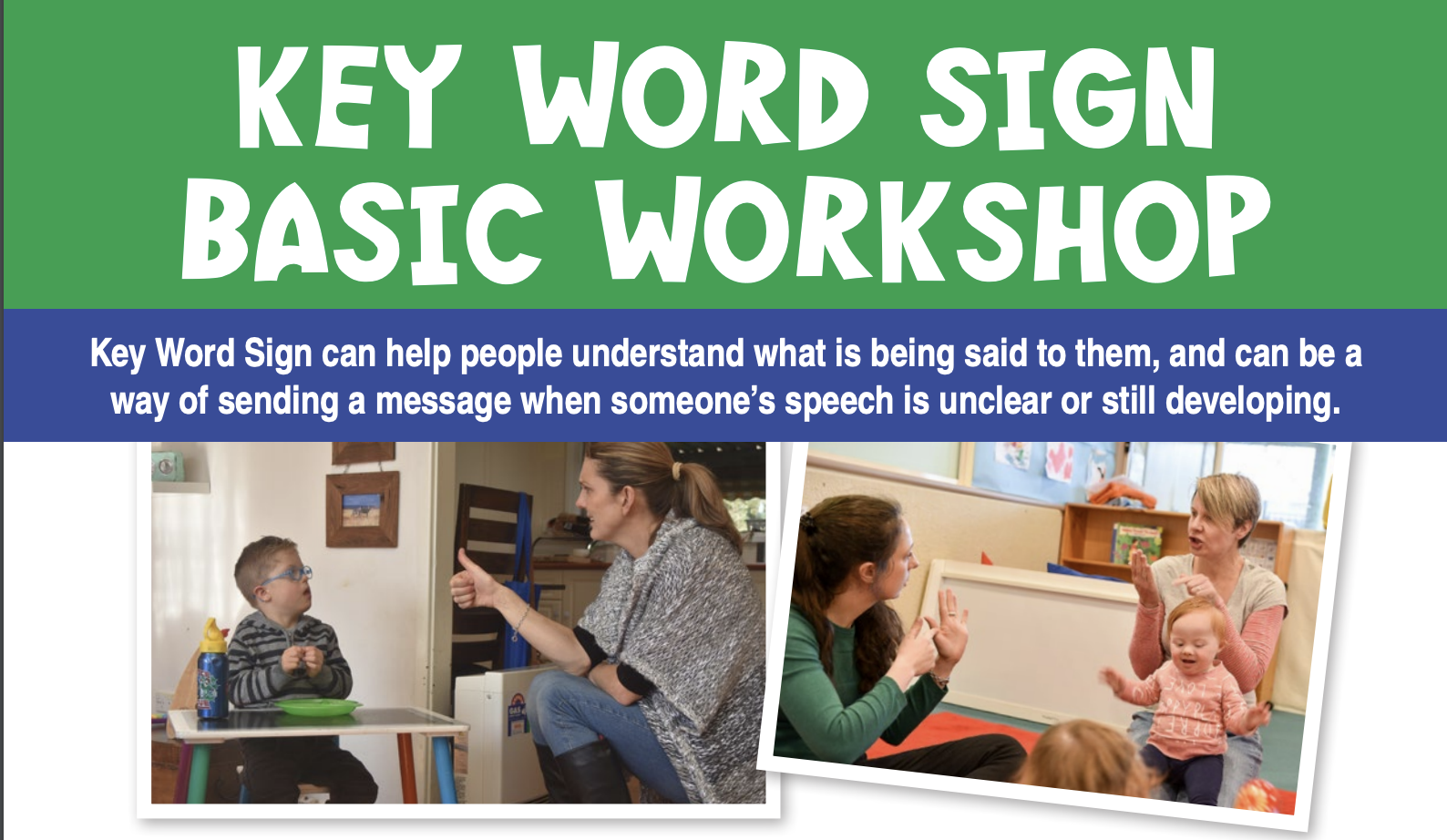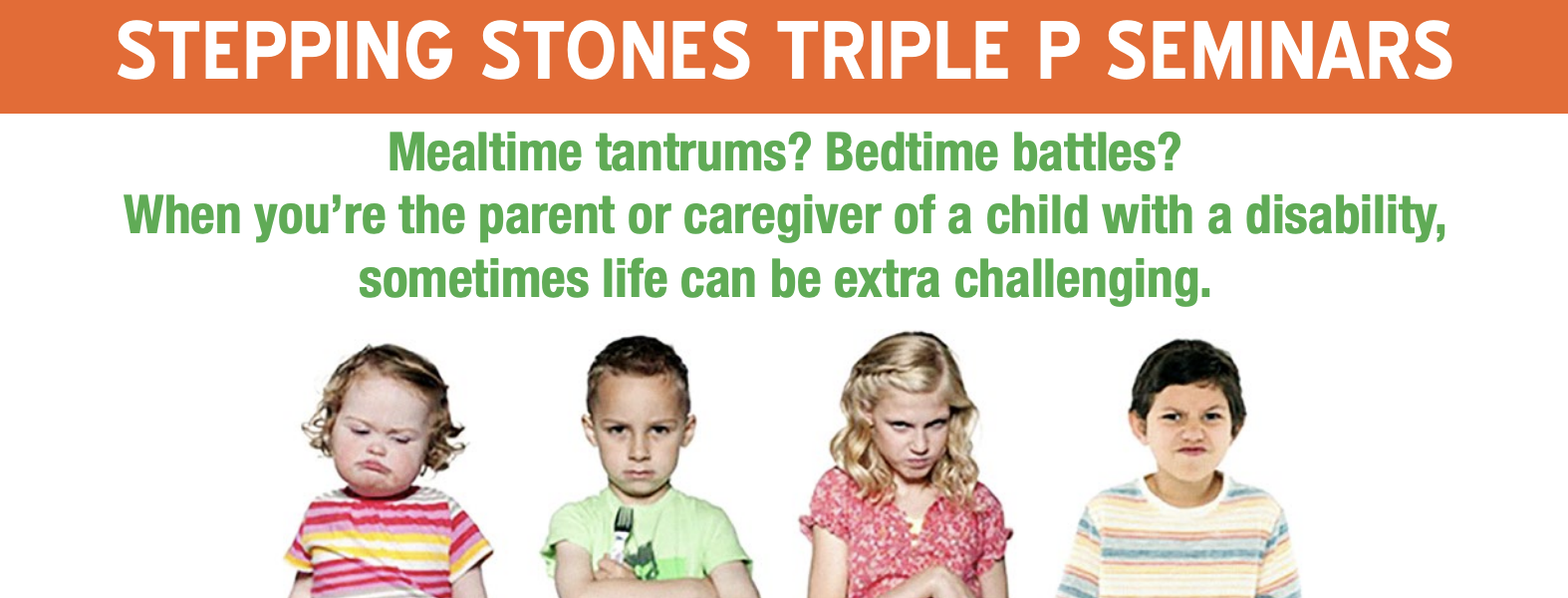Support For Children in Their Early Childhood Setting

EarlyEd can support your child to participate in everything that happens at their childcare or preschool. The early years are a crucial time of learning for your child and provide a great start in education.
If your child has a disability or additional needs and is starting childcare or preschool, an early intervention service can support your child to have a positive start and learn well in this new setting. If you or your child’s educator is concerned about your child’s progress, development and involvement in learning, an early intervention service like EarlyEd can help.
EarlyEd has special educators and therapists with particular experience supporting children in their early childhood settings. They understand what the concerns of families might be, the challenges your child might experience and the needs of the educators. By supporting all three groups your child will be supported to be ready to learn.
How will EarlyEd support your child in their early childhood setting?
EarlyEd uses a holistic approach to intervention support. This means that we can look at all areas of your child’s development and support your child and everyone who is involved to know how to help your child. Our team includes speech pathologists, physiotherapists, special educators, occupational therapists and behavior specialists. They have extra training and experience working with early childhood educators as well as broad knowledge across all areas of development and inclusion.
It is important that your child doesn’t miss out on any opportunities for learning. Your early childhood centre staff use moments across the day and learning activities to help children learn new things. These learning moments are best because they are meaningful, social, are often repeated and can be easily targeted for extra support. EarlyEd staff work in partnership with your child’s educators to find ways to help your child get the most out of this learning. They will also make sure everyone is:
- working towards the same goals
- sharing ways to help your child learn and
- keeping each other up-to-date with how the learning is progressing
This will allow the right supports to meet the needs of your child, your family and your centre. When our staff visit your child they will:
- Find out from you how you feel your child is learning
- Observe how your child plays and learns and interacts with adults and children.
- Listen and share with your child’s educators.
- Share these observations with you and the educators
- Plan with you and your educators to work towards your child’s goals
- Work alongside your child’s educators to support them to use strategies to achieve these goals
- Develop any skills they need to support your child
- Work out ways to support the same learning areas at home with your child.
EarlyEd may also offer additional support including:
- Training about how to correctly use specialist equipment
- Guidance around equipment, resources and room layouts
- Specialist resources to support communication and learning e.g. visuals, social stories and key word sign
- Access to EarlyEd’s Toy Library
- Supporting the centre to apply for additional funding for your child
Ways we support intervention in early childhood settings
EarlyEd group programs that may help your child prepare for their early childhood experiences. These are our Early Learner groups.
EarlyEd uses a ‘Working Together Agreement’ to support all our relationships in early childhood. We also use a feedback document that is shared between each child’s family and the centre.
We can offer specific training to staff that can be covered by their own professional development training budget or families can pay for staff to attend. For example if a family wants staff to learn Key Word Sign or about autism, families could pay for this out of their NDIS package. It is hard for staff to do training together because they need to be replaced in the classroom but we also know that team learning is effective learning. For this reason we work with you to find ways to deliver the program so all staff can be there and learn.



